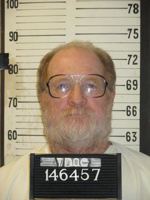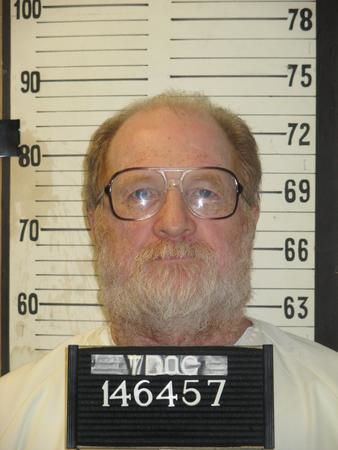
Harold Nichols
Harold Nichols will not be executed on Aug. 4, or any time this year.
Gov. Bill Lee announced Friday that he has granted a reprieve for Nichols, who was set to be the first Tennessee prisoner executed since the coronavirus pandemic began.
“I am granting Harold Wayne Nichols a temporary reprieve from execution until December 31, 2020, due to the challenges and disruptions caused by the COVID-19 pandemic,” Lee said in a statement.
This is the first time Lee has intervened to stop an execution. He has allowed four men to be executed since he became governor in January 2019.
Nichols was convicted and sentenced to death in 1990 for the rape and murder of 21-year-old Karen Pulley two years earlier. Nichols was 18 when he broke into Pulley’s Chattanooga home and, according to court documents, found her alone in an upstairs bedroom. He raped her and beat her over the head with a board. One of her roommates found her alive, but she died the next day. After police determined that Nichols was a primary suspect in several other area rapes, they arrested him. He confessed to them all.
Nearly 32 years later, Nichols works maintenance on Unit 2 at Riverbend Maximum Security Institution, doing plumbing and electrical repairs on Tennessee’s death row. People who have come to know him over the years say he is a changed man, remorseful for his crimes.
He was born in 1960 in Cleveland, Tenn., and like the men who have gone before him to the death chamber, his childhood years were marked by tragedy and trauma. His mother, Nanny Lou, died when he was 10 years old, leaving him and his 13-year-old sister Deborah with their abusive father. A 2013 opinion from the Sixth Circuit Court of Appeals describes Harold's father Mac Nichols as “a mean, abusive, and outright vile man.”
His abuse — which included physical and sexual abuse, according to court documents — was so bad that the children were eventually placed in an orphanage by leaders of a church where the Nichols family were members.
Chattanooga prosecutors agreed with Nichols’ attorneys in 2018 that he was eligible to be resentenced to life in prison after a recent law change, but a judge rejected an agreement to do so.





